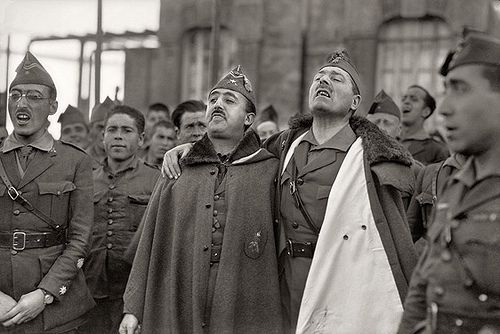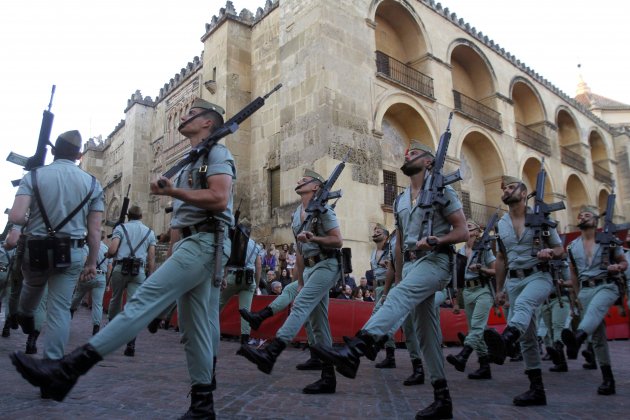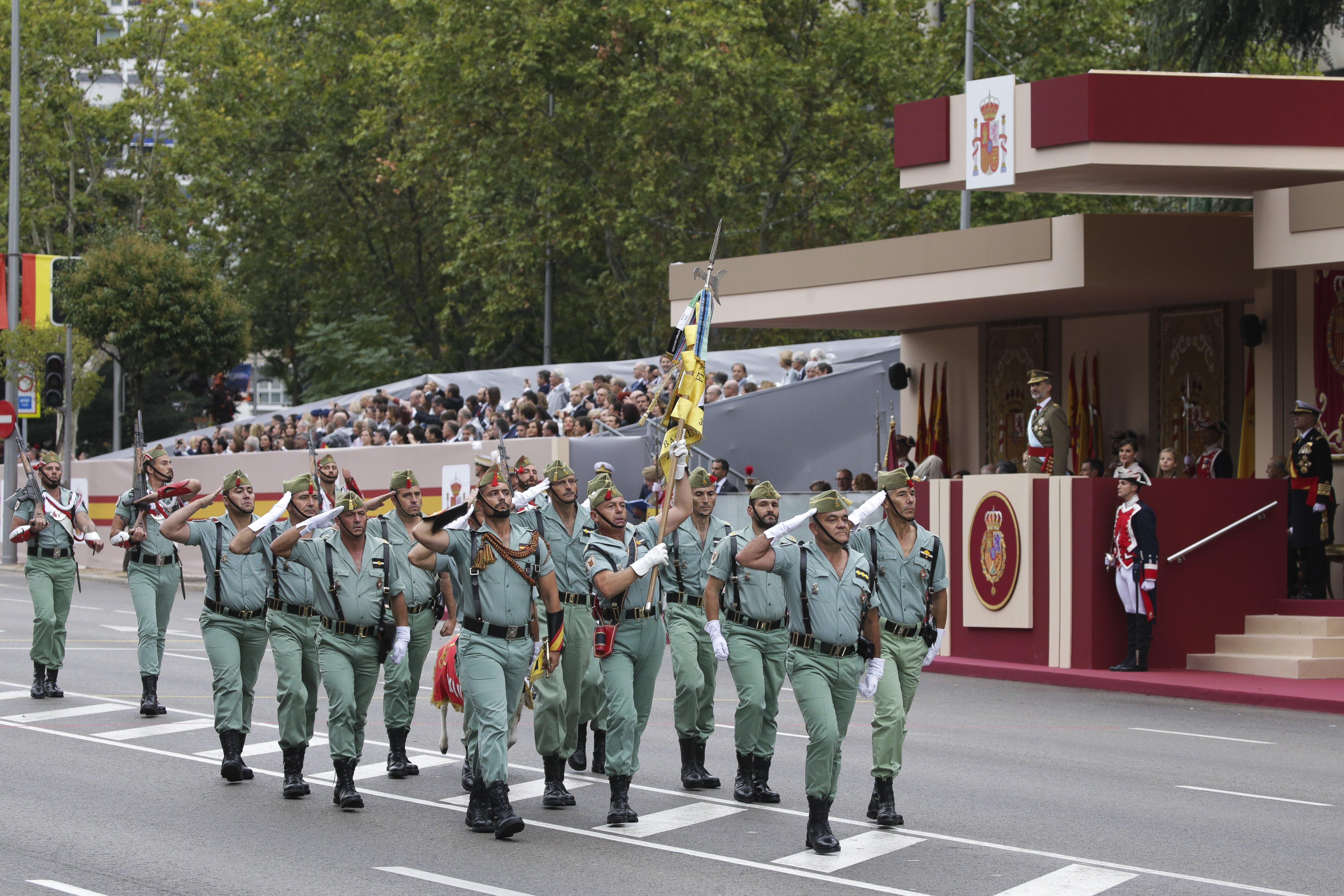On March 25th, 2019, a 22-year-old Mallorcan soldier in the Spanish Legion, Alejandro Jiménez Cruz, died of a gunshot wound while participating in exercises with live rounds on a training ground at Agost, in the province of Alicante. The official explanation from the elite Spanish army unit itself was that the cause of death was a ricocheting bullet which had impacted the man in his armpit, precisely at the point which was not protected by his bullet-proof vest.
The obligatory investigation was opened by the Civil Guard and as a result, on August 1st it was reported that the territorial military court number 23 of Almeria had investigated 16 soldiers for the death of Jiménez, in the context of a possible offence of serious negligence causing death, under article 77 of the Military Penal Code.
However, as Spanish newspaper El País has reported today, the findings of this military court have revealed evidence of an orchestrated plan led by Legion officers to hide the fact that the soldier died as a result of direct fire from a sergeant, and as a result, the judge has now charged eight members of the army unit - the sergeant who fired the shot, a captain, two lieutenants, a corporal and three soldiers - with offences of concealment, disloyalty, disobedience and obstruction of justice. The sergeant has also been charged with recklessness causing homicide and abuse of authority.
One hundred years of the Legion: Concealment, disloyalty, disobedience and obstruction
The values and image of the Spanish Legion - which this year celebrates the centenary of its foundation by José Millan-Astray, a key figure in the coup d'etat that precipitated the Spanish Civil War - thus once again comes under scrutiny. This latest affair returns the spotlight to a military institution which has always boasted of its military successes achieved in colonial wars or against other Spaniards.

Millán Astray, founder of the legion, alongside coup leader Franco / Wikimedia
According to the judge's ruling, quoted by El País, it has been demonstrated that an organised operation took place to cover up the death of a soldier in order to protect the image of the military body, and also to enable those responsible to evade any blame for their roles.
Thus, the theory of the ricocheting bullet has been discredited, an explanation which at the time protected the captain who has now been prosecuted, and which, in turn, led to the fabrication of an entire narrative to hide the facts, despite ballistic evidence which supported the conclusion that the Mallorcan legionaire died from a direct impact and not a bouncing bullet. Specifically, he was hit by a 7.62 caliber projectile fired by his own sergeant's HK rifle from a distance of 12.5 metres.
The cover-up included the rapid cleaning of cartridge cases and shells from the firing range to remove evidence as well as an attempt to destroy the body urgently by incineration, which was stopped by the judge himself. In fact, the captain himself allegedly secured the cooperation of his superiors in the orchestration of a joint alibi describing what supposedly happened. It also included an attempt to fictitiously reconstruct the physical events at the scene of the shooting, breaching the police barriers placed to seal off the area.

Spanish Legion soldiers in the city of Córdoba
Court appearance on September 7th
As a result, the judge has decided to charge the sergeant for reckless homicide, as well as for abuse of authority and obstruction of justice, and has demanded that he post the sum of 330,000 euros in civil liability, as well as having his passport confiscated and a requirement for fortnightly appearances in court. The captain, who, according to the judge, is the author of the plan to conceal the fact that the sergeant was the perpetrator of the shooting, is charged with disloyalty, concealment and disobedience of officers of an authority (the Civil Guard officers). Two lieutenants are charged with disloyalty (they sent a false report to their superiors), disobedience, breach of duties of command and concealment; the corporal and the three soldiers area also accused of concealment. All eight members of the Legion have been summonsed to testify before the military court on September 7th.
Main image: Members of the Spanish legion parade before king Felipe VI / Efe

